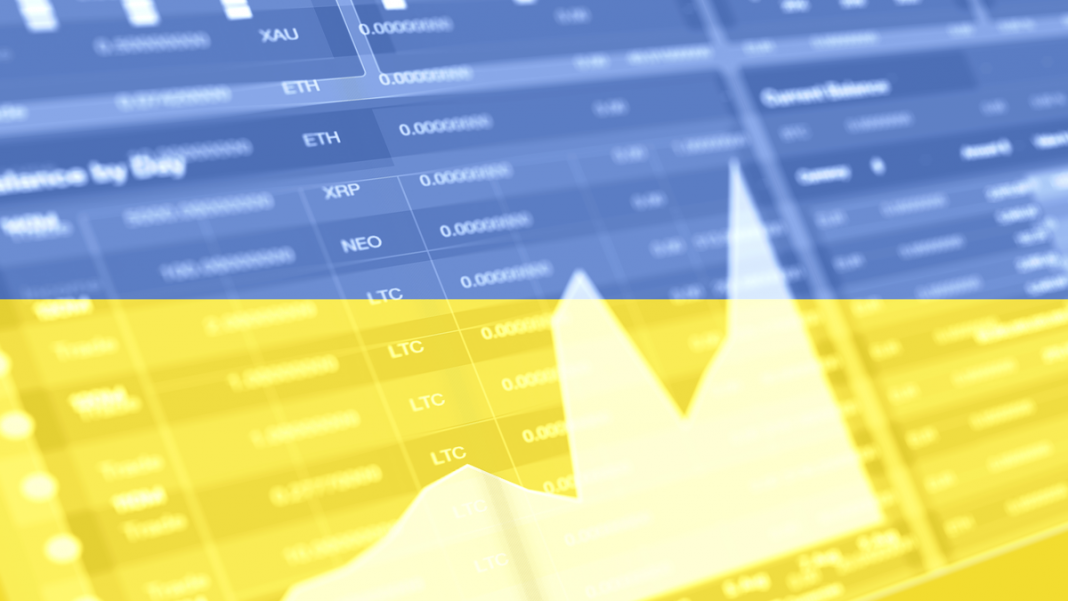Dutch fintech Bitsafe is opening its services to displaced Ukrainians residing in the European Union as a result of the ongoing Russo-Ukrainian conflict.
Bitsafe allows Ukrainians to open an account with them free of charge, which enables receiving and sending funds worldwide, standard ATM withdrawals, and SEPA (Single Euro Payments Area) transfers.
The customer onboarding process of Bitsafe minimises customer friction, taking “only a few minutes” to set up an account. Ukraine nationals can set up their Bitsafe account through their mobile devices with a camera to complete an ID verification check. Ukrainians will also need an active email address and a form of ID to complete the process.
“We have launched a special website, in the Ukrainian language, to cater for the Ukrainians who are residing here in Europe,” stated Leif K. Waterman, President of Bitsafe.
“Once there is money in the Bitsafe account, the free debit card allows them to immediately engage in transactions and start buying food, clothing and other necessary products and services which we all deem to be a normal necessity to live and work in the European Union.”
The support for the Ukrainian people falls in line with Bitsafe’s continued efforts for financial inclusion. Earlier this month, the European Banking Authority (EBA) made calls for access to basic payment accounts.
With Bitsafe’s ‘Know Your Customer’ (KYC) technology, the fintech company is developing innovative ways to create a frictionless customer onboarding experience that also prevents threats of money laundering and financial crimes.
Waterman continued: “Bitsafe follows a risk-based approach when providing our services and we take advantage of the flexibility enshrined in the EU anti-money laundering (AML) and countering the financing of terrorism (CFT).
“With our unique KYC and transaction monitoring systems in place, we are positive that we can provide the benefits of opening basic payment accounts to the displaced persons from the Ukraine, while staying fully compliant with the EU and Dutch AML/CFT laws.”























